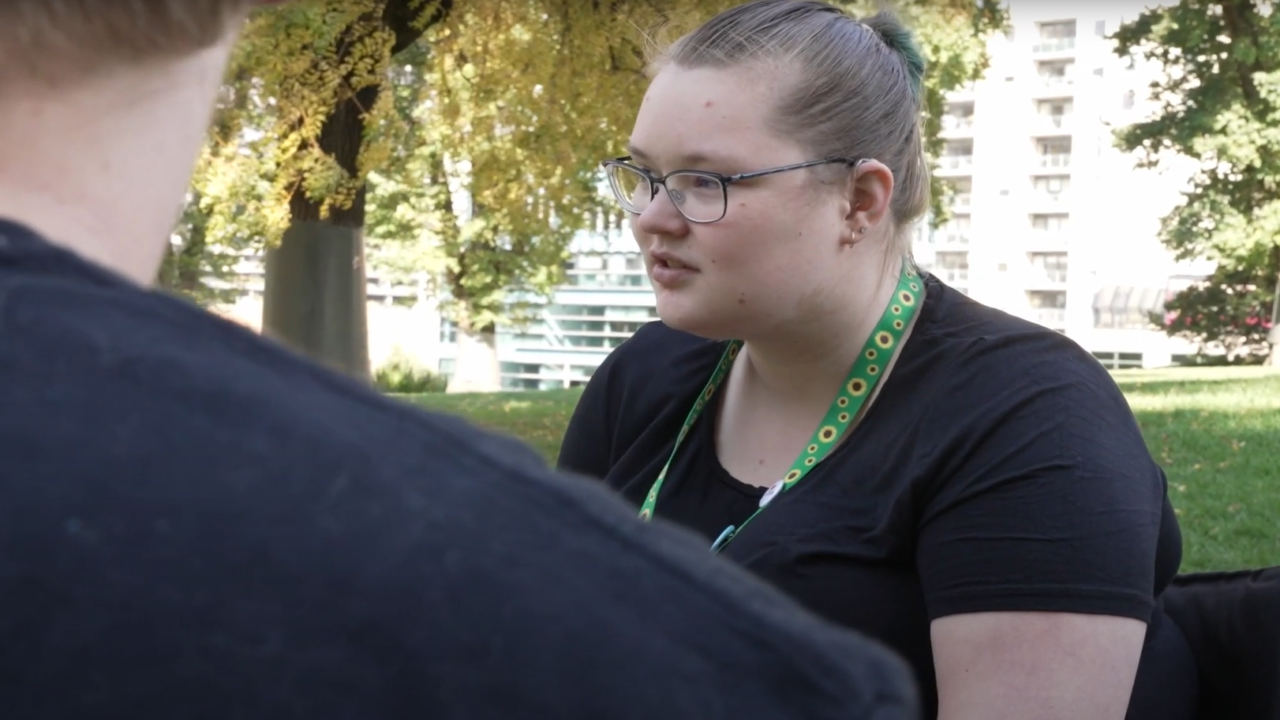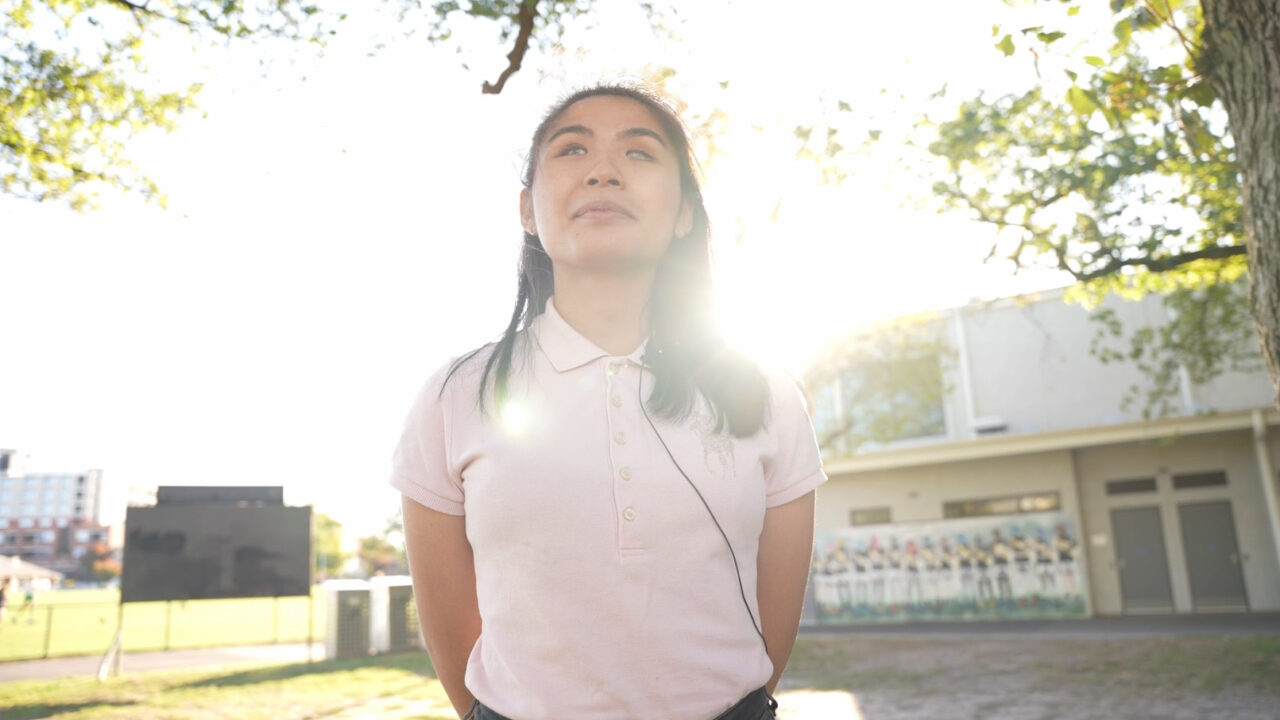Your rights as a disabled young person
Everyone has rights.
Rights are things that everyone should have. They tell us how people should be treated and what they should be able to do. Disabled young people have the same rights as everyone else.
For example, you have the right to:
- be safe
- be treated fairly
- be respected for who you are
- make choices and
- be part of your community.
Sometimes people face challenges when trying to access their rights. For example, d/Deaf students may struggle in school if lessons aren’t taught in sign language. That’s why some groups—like disabled people and young people—have special rights to help make things fair.
These groups don’t have extra rights; they just have support to enjoy the same rights as everyone else.
Know your rights
Knowing your rights can help you make sure that you are being treated fairly.
Understanding these rights also gives you the confidence to speak up and ask for the support you need or raise concerns.
Artwork by Callani
“I’m Callani, a disabled, queer, neurodivergent, chronically ill teen.
My main message from this artwork is if you have something to say, say it! Your voice and opinion are valid.”

What are human rights and how do you know if they are not being met?
In this video, disabled young people and YDAS‘ advocacy team talk about human rights and how to recognise if they are not being met.
Your rights as a disabled young person
As a disabled young person, you have rights. Laws protect your rights. Laws are rules about how people should behave. Here are some examples of the rights you have.
Examples
You have the right to:
You are just as important as everyone else under the law. No one should treat you unfairly because of your disability. You should get the support you need to be part of life and your community.
No one should hurt or take advantage of you. This includes physical, verbal, sexual, emotional harm, neglect, or discrimination. You have the right to be safe.
You should be able to live how you want and be part of your community. The supports you get should help you live your life in the way that works best for you.
You should get information in a way that you can understand. You have the right to share your thoughts, give feedback, or make complaints. Information should be made accessible. For example, in Easy Read or Auslan.

Check out this video of disabled young people across Australia talking about their rights.
Or read an Easy Read version of the UNCRPD.
Knowing your rights helps you speak up.
If you don’t know your rights, it can be harder to tell when something is unfair or when you should say something. When you connect a problem to human rights, you can help push organisations to change.
Check out the webpages below to learn about other rights you have.